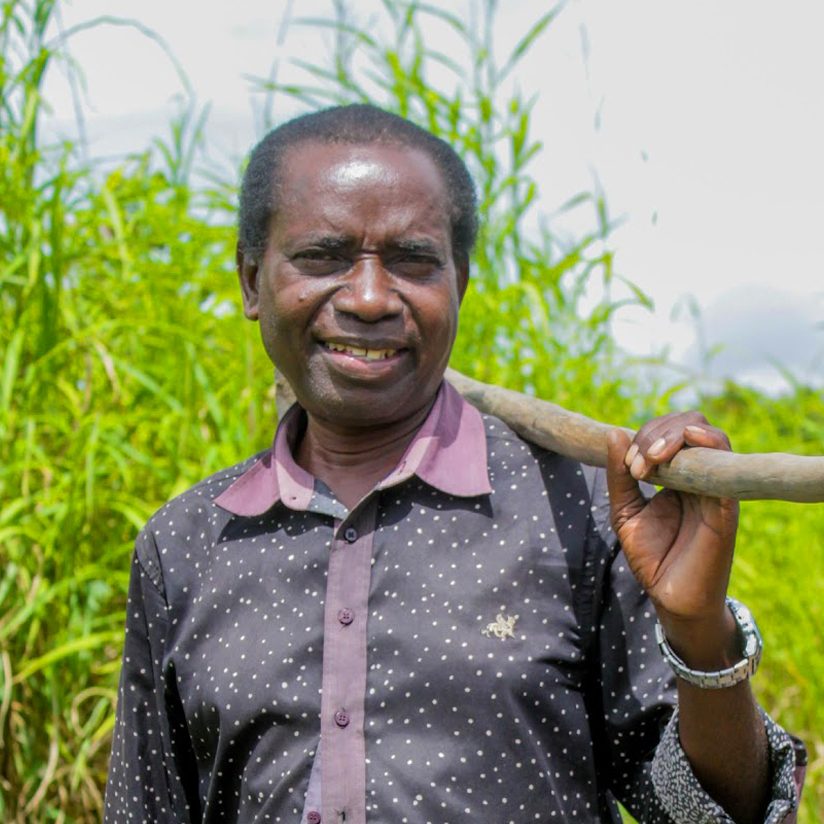
The sessions for me served as therapy to overcome the trauma and accept my HIV status. I realized that my life was not over.
– Vincente Tique
Vincente Tique, a 64-year-old retired school teacher, works at a local health center in Mozambique, searching for people at risk for HIV who should be tested, people don’t know their status and are sometimes afraid of finding out.
“Last month … I discovered a case in the community where a family did not get the [necessary] antiretroviral treatment,” he says. “I advised the couple and the children and now they are [taking] ART.”
But it wasn’t always this way for Vincente. He tested positive for HIV himself in 2014 and didn’t take his HIV treatment regularly as instructed, drank alcohol to excess and had many sexual partners. “I had no hope of living a longer life,” he recalls. “I had in mind that in a few months or a short time I would die … That’s what I had in mind.”
One day when Vincente was picking up his antiretroviral therapy, he met a facilitator for Sawa Sawa, a comprehensive program led by the Johns Hopkins Center for Communication Programs’ HC3 project and designed to reduce stigma around HIV and encourage testing and treatment among men in the Sofala province of Mozambique. Vincente was encouraged to join a session.
“The sessions for me served as therapy to overcome the trauma and accept my HIV status,” Vincente says. “I realized that my life was not over.”
Vincente’s 31-year-old daughter Rosa Vincente Tique says she has noticed a difference in her widowed father. Where once he was weak, now her father is strong enough to travel to nearby towns to bring the sick to the hospital. He rides a bicycle to find people in need. He is helping people understand the value of testing and treatment, just the way he learned.
“He has changed a lot,” she says.
Receive the latest news and updates, tools, events and job postings in your inbox every month